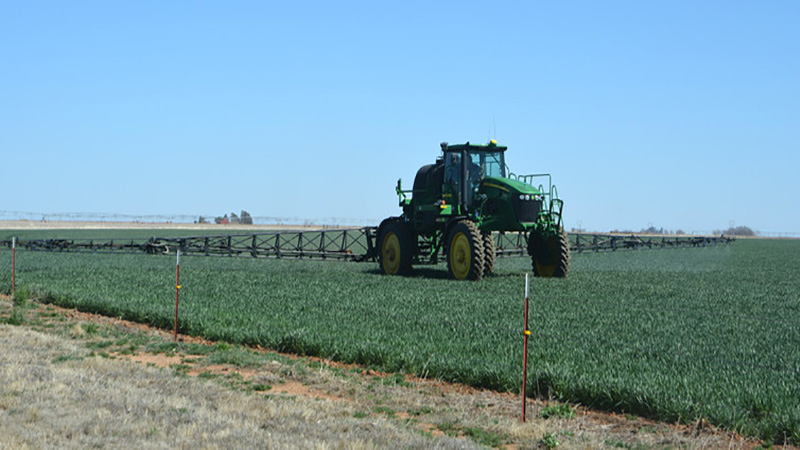AmCham Australia and Sydney Business Insights

Robots, Agriculture, and the Australian Economy
Sydney Business Insights joins with AmCham to present:
Robots, Agriculture, and the Australian Economy
Technology in agriculture: what are we eating? How will it be made?
Event summary
The joint Sydney Business Insights and American Chamber of Commerce (AmCham) event, Robots, Agriculture, and the Australian Economy, heard from Auctions Plus CEO Anna Speer, Australian Centre for Field Robotics (ACFR) research fellow Zhe Xu, and ACFR Research and Business Development Manager, Carla Brown.
With Deloitte naming agriculture as one of Australia’s top five growth areas for the next 20 years, the benefits of “robotisation” and automation of the agricultural sector are increasing. Yet it has typically been a struggle to get farmers to adopt new technologies, according to the panel.
“There are some products out there that are phenomenal, that could change our world. One that I get a bit passionate about is an algae that can be grown to feed cattle that could actually result in a neutral carbon footprint in producing livestock. Yet we haven’t been able to commercialise it,” said Ms Speer.
“I think one of the challenges for our industry is how we can build up the trust in the relationships between these amazing research bodies and the farmers,” said Ms Speer. “How do we build that to create an environment where we can collaborate to commercialise things.”
Ms Speer is the CEO of Auctions Plus, an online saleyard that allows farmers to sell their sheep or cattle. She is currently enrolled in the Business School’s Global Executive MBA Program.
Auctions Plus was launched in 1986, but didn’t see significant uptake with farmers until the last few years.
“What’s changed? I think technology has moved forward, a lot of our users now have smartphones. But to be honest, I think the biggest change has been our business is now getting out on the ground and spending time with farmers and with livestock agents and with producers, to put technology in their hands,” said Ms Speer.
New technologies being developed by ACFR and global agri-tech researchers include using Lidar (laser sensing technologies) to map entire crops and determine how to best manage each individual plant, known as precision agriculture.
“What we’re trying to do is look at all the technologies we’ve developed in robotics and intelligent systems and how we can apply that to precision agriculture to increase productivity,” said Mr Xu.
“Australia is in quite a lucky environment in the sense that we do allow a lot of experimentation, we have the wide open spaces for experimentation,” said Mr Xu.
“Until we do start creating ecosystems and sharing data, we won’t evolve,” said Ms Speer. “I still believe though the challenge around that is how do we build the relationships and the trust that when we get your data we’re not going to use it against you and vice versa. I think that’s probably the biggest challenge.”
The discussion was mediated by the Business School’s Director of Executive Education and Program Director of the Global Executive MBA, Associate Professor Robin Stonecash.
Join the Director of Sydney Business Insights, Dr Sandra Peter, at ‘The Future of Work’, hosted by Sydney Ideas on August 15. Register here.
The American Chamber of Commerce in Australia (AmCham) hosts premier business event programs and is Australia’s largest international Chamber of Commerce.
Sydney Business Insights is a University of Sydney Business School initiative aiming to provide the business community and public, including our students, alumni and partners with a deeper understanding of major issues and trends around the future of business.
Share
We believe in open and honest access to knowledge. We use a Creative Commons Attribution NoDerivatives licence for our articles and podcasts, so you can republish them for free, online or in print.